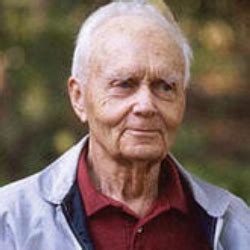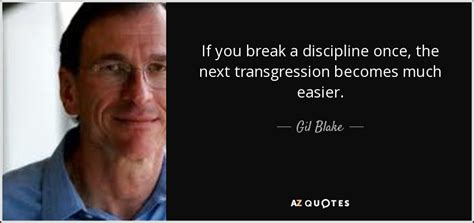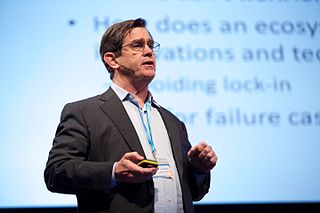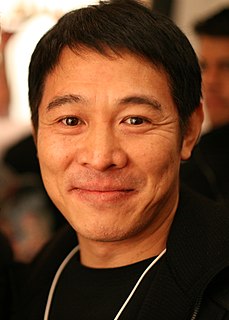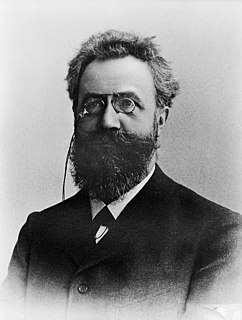A Quote by Timothy Leary
In pursuing my fervent goal of relating external stimuli to reports about internal-neural change, we were, paradoxically enough, following the most orthodox tradition in psychology.
Related Quotes
All children want to do is play in worlds they create and project on their external world. If allowed to do that, they are constantly building new neural structures for creating internal worlds and projecting them on their external world. And they build up an enormous self-esteem and feeling of power over the external world through their own capacities.
The more I think about myself, the more I'm persuaded that, as a person, I really don't exist. That is one of the reasons why I can't believe in any orthodox religion: I cannot believe in my own soul. No, I am a chemical compound, conditioned by environment and education. My "character" is simply a repertoire of acquired tricks, my conversation a repertoire of adaptations and echoes, my "feelings" are dictated by purely physical, external stimuli.
Our time has been distinguished, more than by anything else, by a mastery, a control, of the external world, and by an almost total forgetfulness of the internal world. If one estimates human evolution from the point of view of knowledge of the external world, then we are in many respects progressing. If our estimate is from the point of view of the internal world, and of oneness of internal and external, then the judgment must be very different.

